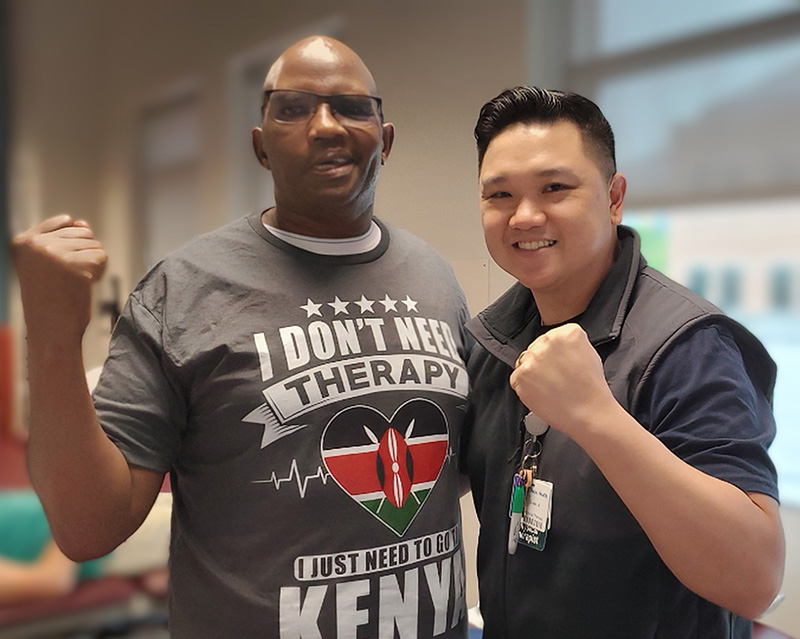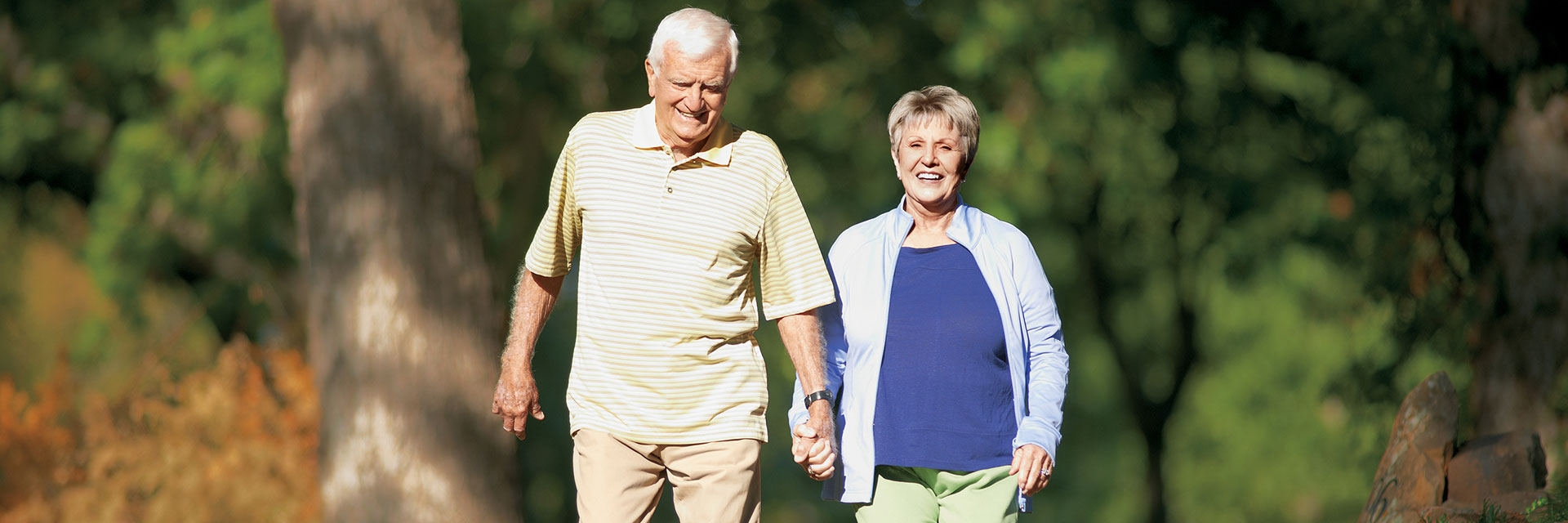Stroke and Brain Injury Recovery Support
Regaining independence after a stroke or brain injury takes time — and the right care. At Texas Health, therapy is provided by a team of physical, occupational and speech therapists who work with you one-on-one to help improve movement, thinking, and communication.
Whether you're recovering from a concussion or managing long-term effects of a stroke, our goal is to help you feel more confident at home and in your community.
Therapy May Include:
- Balance and strength training
- Use of adaptive equipment
- Cognitive and memory exercises
- Language and speech therapy
- Swallowing support
- Education to help reduce the risk of future stroke or injury
Conditions That May Be Treated:
- Stroke
- Brain injury
- Concussion
- Dizziness
- Headaches
Get Started with Personalized Care
Recovery looks different for everyone. Our team is here to support your journey with care tailored to your needs.
-
Brain Injury, Concussion and Stroke Specialty Programs
Specialty Programs are intensive outpatient programs that help people make the transition from an acute-care setting to their homes, jobs and communities.
These Specialty Programs are offered at Texas Health Harris Methodist Hospital Fort Worth and are centered on a commitment to personalized care, shaped to help fit your specific needs and goals.
During program hours, you participate in therapies designed to optimize functional, cognitive and physical skills. When appropriate, therapists may go with you to your home or workplace to ease the use of the strategies and skills learned during rehab.
Family members are also considered an integral part in setting therapy goals and transferring skills to the home environment. Because these Specialty Programs recognize that brain injury affects the whole family, various forms of support such as education and counseling are offered to members of your family.
-
Stroke Recovery and Support
Stroke is considered a brain injury, and rehabilitation focuses on recovery from day one.
Therapists at Texas Health facilities work closely with each patient to develop a personalized rehabilitation plan. Therapists and technicians develop tools and strategies to help patients meet the demands of life's daily activities. The stroke centers also include access to support groups, education and prevention programs.




